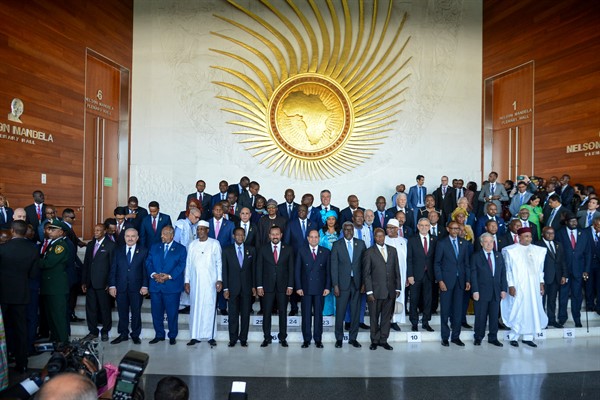One of the most important problems in modern African history is also among the most widely misunderstood.
For decades, both journalists and scholars have lamented that Africa’s borders were drawn up by outside powers, beginning with Europe’s so-called Scramble for Africa, between 1881 and World War I. This threw all sorts of linguistically, religiously and politically disparate groups into newly formed colonies and, soon afterward, new African nations, in which they were suddenly forced to try to get along together in the task of building independent republics.
The mistake in this logic isn’t that these things didn’t happen. If one allows for lots of historical compression, this is indeed the basic schema that was applied to the creation of almost all of Africa’s 54 countries. The problem with this recounting of Europe’s disruption of Africa’s internal political processes is that it doesn’t reach back remotely far enough in time to capture an even more foundational challenge to the continent’s development.

